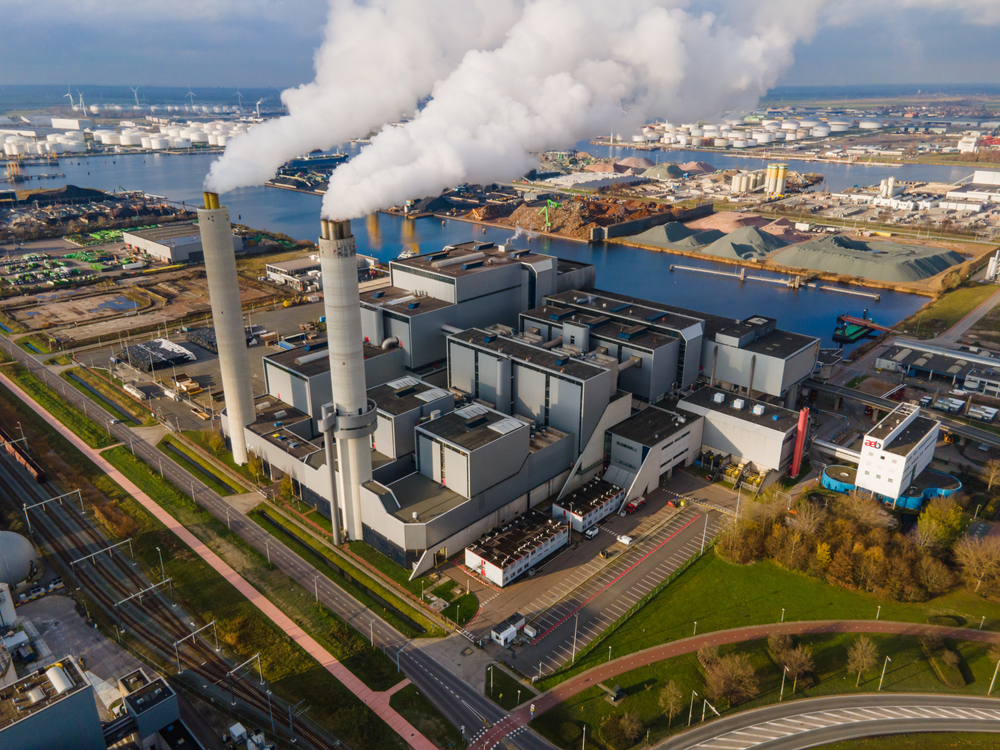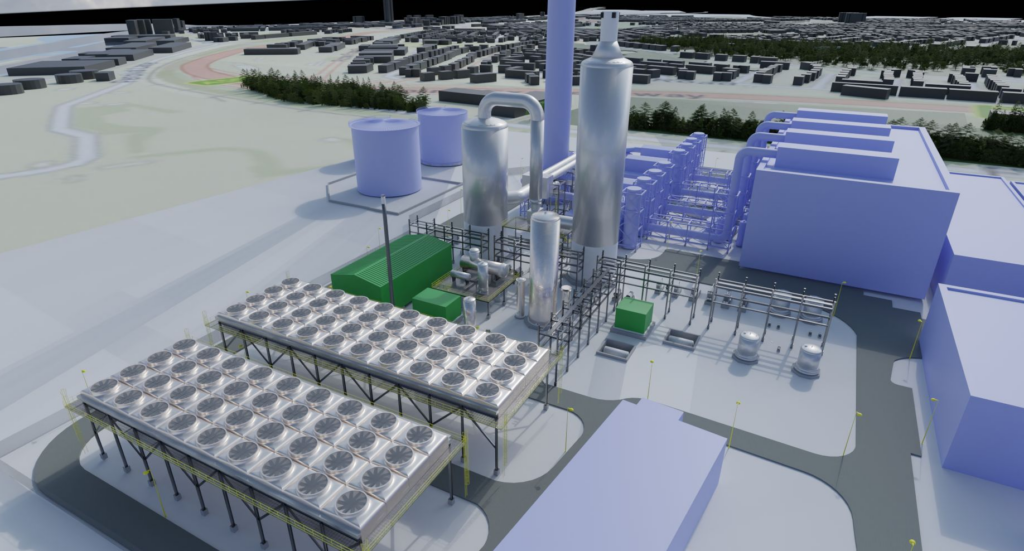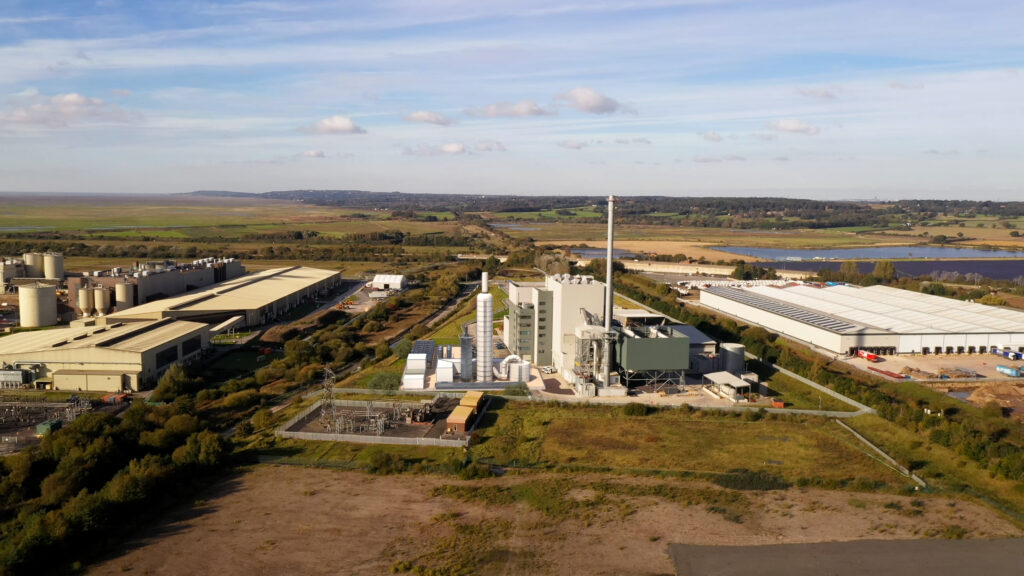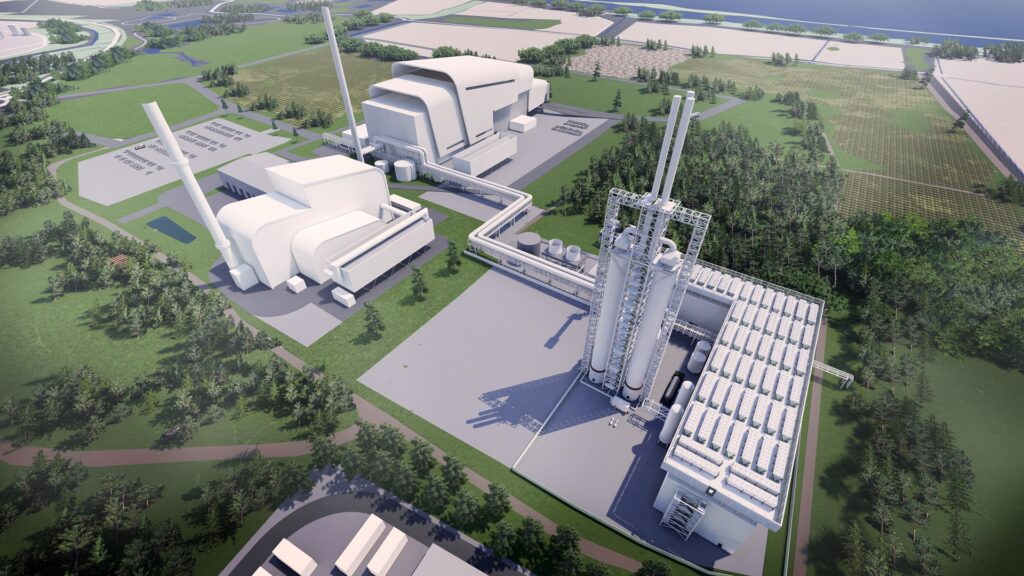The ETS puts a price on greenhouse gas emissions, which the EU hopes to cut by at least 55% by 2030 compared to 1990 levels, from the sectors covered.
EU countries will have to measure, report, and verify emissions from municipal waste incineration installations from 2024 following their inclusion in the scheme.
The European Commission is expected to issue a report explaining how municipal incinerators will fit into the ETS from 2028 by 31 January 2026.
There is the possibility that municipal incinerators may be able to opt out of the scheme until 2030 “at the latest”, the European Parliament says.
European Parliament rapporteur Peter Liese said: “This deal will provide a huge contribution towards fighting climate change at low costs.
“It will give breathing space for citizens and industry in difficult times and provide a clear signal to European industry that it pays off to invest in green technologies.”
The European Parliament and European Council must still formally approve the agreement before the new law can come into force.
Recycling
In a statement issued yesterday (19 December), Zero Waste Europe welcomed the EU’s decision. Created in 2014, the Zero Waste Europe network includes 32 members across 28 countries. In the UK, its members include the UK Without Incineration Network (UKWIN), which describes itself as a network of anti-incineration campaign groups.
This historic decision will strongly encourage recycling, especially plastic and synthetic textiles
– Janek Vähk, Zero Waste Europe’s climate, energy, and air pollution programme coordinator
Janek Vähk, Zero Waste Europe’s climate, energy, and air pollution programme coordinator, said: “This historic decision will strongly encourage recycling, especially plastic and synthetic textiles, as waste incinerators will be penalised for burning those fossil-based materials from now on. This will also have a spill-over effect on other materials.”
Mr Vähk also welcomed the requirement on EU countries to put in place monitoring, reporting and verification systems for municipal incinerators by 2024. He added: “Proper verification of CO2 emissions is needed as currently nobody knows the real climate impact of municipal incinerators. It’s estimated that those facilities emit much more than reported.”
UK
Though energy from waste (EfW) plants in the UK will not be in scope of the EU scheme after Brexit, many of the facilities on the continent to which the UK exports waste would need to pay under the plans.
However, the UK has its own emissions trading scheme, which went live on 1 January 2021 but remains at an embryonic stage. EfW plants are currently in scope.
In November, Adrian Judge, director of Tolvik Consulting, told the RDF Conference at the Congress Centre in London that an £80 per tonne tax on EfW under the scheme would lead to costs of around £800 million a year (see letsrecycle.com story).











Subscribe for free